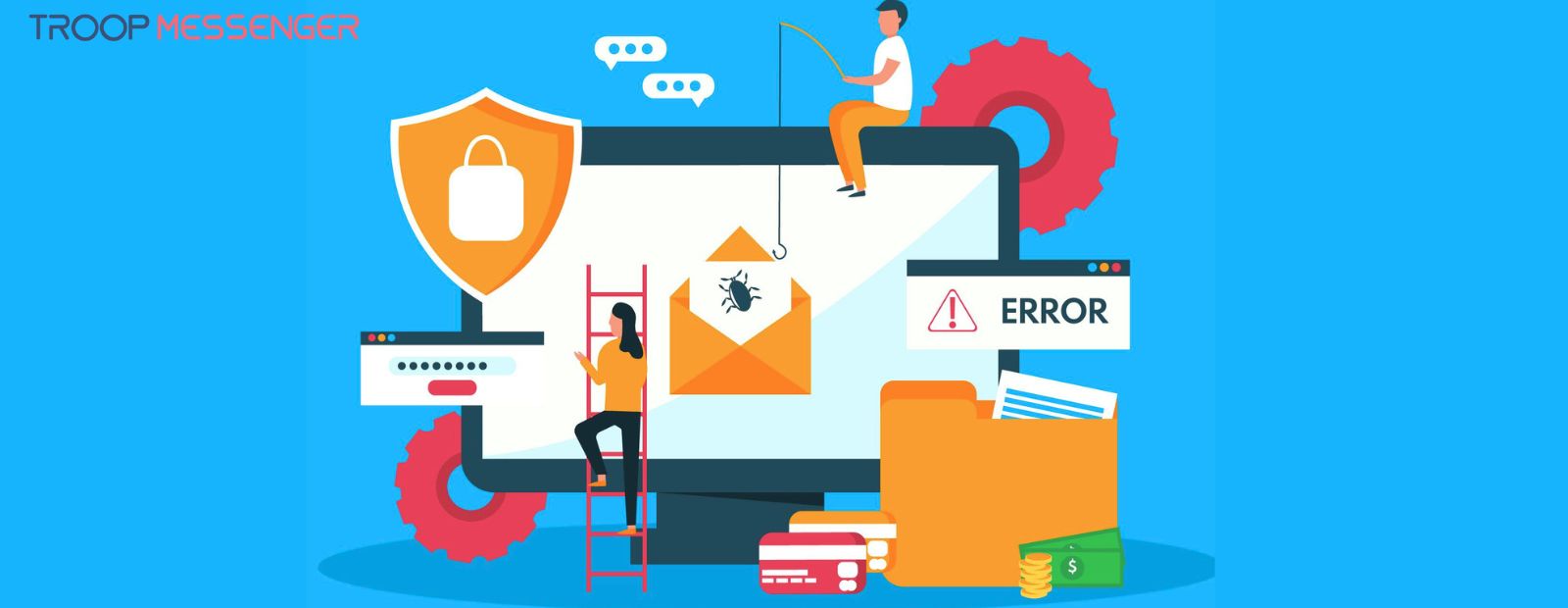Connect with us

Understanding the Importance of Laptop Data Recovery and How to Safeguard Your Data
Laptops have been essential for personal and professional activities in today's fast-paced world. Our laptops contain massive amounts of data, whether it be storing important work-related documents or memories alive in photos and videos. Data stored in our laptops is very valuable; losing this data is all the more disastrous. Every person who has ever lost important files on their computer has felt the panic in that situation. It could be because of a system failure, accidental erasing, or a breakdown of a particular hardware part. Data loss is definitely one of the most irritating issues that one can encounter. However, there is hope--data recovery providers provide a ray of hope to the victims of lost data.
What Is Data Recovery?
Recovering data that has been lost, corrupted, or inaccessible in a storage device, such as a laptop, is known as data recovery. A professional data recovery service can usually recover what has been lost when a hard drive, solid-state drive (SSD), or any other storage medium of a laptop is faced with some issues. Such services involve using special tools, techniques, and software to retrieve information otherwise inaccessible.
Though DIY solutions exist for data recovery, they are usually unsafe and inefficient. Actually, attempting to recover the data yourself is likely only to compound the issue, particularly where the data has been overwritten or has become more damaged. You must consult a professional if you lose some data on your laptop.
Common Causes of Laptop Data Loss
Knowing the usual reasons behind loss of data can assist you in proactively preventing such data loss. The following are some of the most common offenders:
1.Hardware Failure
One of the most common causes of data loss is the failure of a hard drive. Hard drives have mechanical components that can go dead, halting the operation of the drive. Although no moving components exist in solid-state drives (SSDs), wear and tear may lead to failure. When this occurs, it may lead to loss of essential files.
2. Accidental Deletion
Accidental deletion is one of the most typical methods through which people lose their data. It can be easy to lose important files, whether accidentally deleting an important document or emptying your recycle bin without thinking.
3. Crashing/Corruption of the system.
Data loss can also be caused by crashing or corruption of the operating system. In case of a crash or a significant bug in your laptop, you might be deprived of access to some files, rendering your whole system unusable.
4. Viruses and Malware
Another major threat to the data contained in laptops is viruses and malicious software. Such programs can corrupt, destroy, or encrypt files, making them unreadable. Malware can be used even by the most attentive and careful user, so it is necessary to have an antivirus program and regularly back up the files.
5. Natural Disasters
Natural disasters such as floods, fires, and power surges, while not very frequent, can physically damage laptops and their data storage devices. It is a sad but actual fact that this can happen due to data loss, which cannot always be avoided.
How Data Recovery Works
Data recovery is a sensitive task that requires skills. Technicians will use one of the ways combined to recover lost files, depending on the type of data loss. This is a rough description of how data recovery is performed:
1. Diagnosis
Diagnosis of the problem is the first step in the recovery process. This is done by analyzing the laptop's storage device to identify the cause of the failure. The technician can detect whether a problem is a hardware issue, file corruption, etc.
2. Drive Imaging
After a problem has been diagnosed, the next order of business is to make a bit-for-bit copy of the storage device, commonly called a disk image. This is undertaken so that the information can safely be retrieved without destroying the original equipment.
3. Recovery
Once the drive image is made, the lost or inaccessible data is found and repaired using recovery software and methods. When there is physical damage, it usually takes some special equipment to retrieve the data.
4. Restoration
After the data has been recovered successfully, it is reconstructed to a new or damaged storage system (with repair possible). You will be provided a list of recovered files, and you are responsible for ensuring you have what you require.
When to Seek Professional Data Recovery Services
This is because there are times when you should not attempt to resurrect data by yourself. These are some warning signs that it is time to get help:
Abnormal Noises: When you hear a loud click or a grinding sound when using your laptop's hard drive, it indicates physical damage. Under these circumstances, shutting the computer down and calling a specialist as fast as possible is necessary.
Broken Files: When your computer displays error messages and cannot access your valuable files, you must seek professional help.
Virus Infection: In case the malware or ransomware virus has infiltrated your laptop, trying to perform a DIY recovery will only worsen the security of your data. Experts have the resources to clear malware and restore encrypted files.
Random System Crashes: When your laptop suddenly crashes or freezes, it may indicate something is wrong with the storage device that a skilled professional should address.
How to Prevent Data Loss in the Future
Although data recovery services may be able to restore lost files, it is always preferable to avoid data loss. These are some of the steps that can be taken to secure your information:
1.Regular Backups
Regularly backing up your files has been rated as one of the most effective methods of fighting data loss. Cloud computing services such as Google Drive, Dropbox, and OneDrive provide simple methods of storing your files elsewhere so they are not lost in case your laptop crashes. SSDs or external hard drives are also an excellent choice for offline backup.
2. Use Antivirus Software
Your data is constantly under threat of viruses and malware. Many data loss situations attributed to malicious attacks can be avoided by installing an effective antivirus software and ensuring that it is regularly updated.
3. Keep Your Laptop Safe
It is also essential to protect your laptop physically. It should not be stored in severe conditions of temperature or humidity, and it is also recommended to purchase a protective case to prevent any unintentional drops or damage.
4. Monitor Your Laptop's Health
You should always check your laptop for wear and tear. Monitor the health of the storage drive with the built-in diagnostics, and intervene when you notice any problems. Your computer must be checked before it can crash and cause data loss.
Conclusion
Losing data can be a nightmare for anyone who uses their laptop to do valuable work, personal documents, and artistic works. Be it due to a hardware malfunction, someone who did it accidentally, or malware, the fear of data loss is real. Luckily, professionals offer data recovery services to recover lost data and eliminate the consequences of such events.
If you need data recovery services for your laptop, don't hesitate to click here to learn more about how professional recovery services can help restore your data efficiently and safely. Alternatively, remember that preventative measures like frequent backups and antivirus programs can go a long way in reducing the risk of data loss in the future.
Being proactive regarding the safety of your data and understanding when you should seek professional advice will help you avoid the pain of losing some files that cannot be replaced. With a few things to be aware of, and by being informed, you can protect your laptop (and your information) for years to come.








